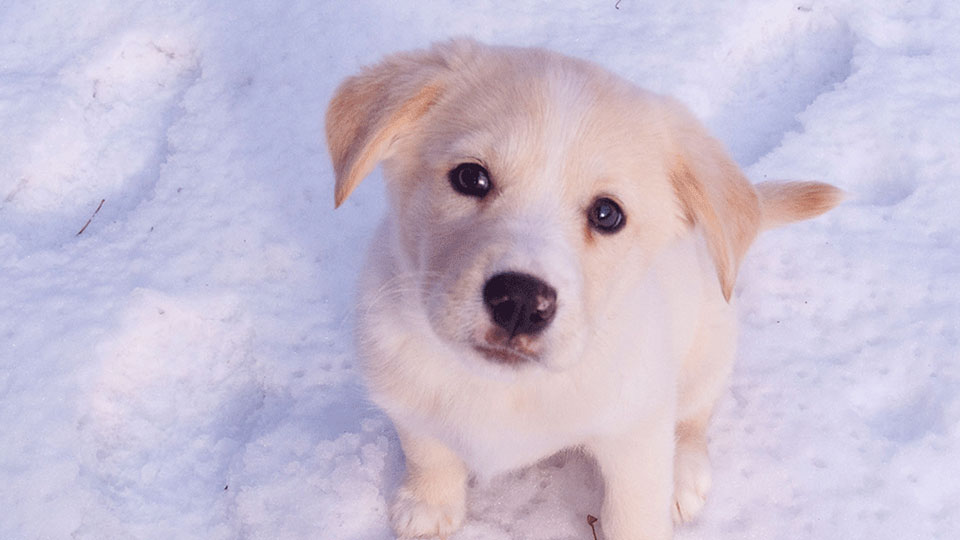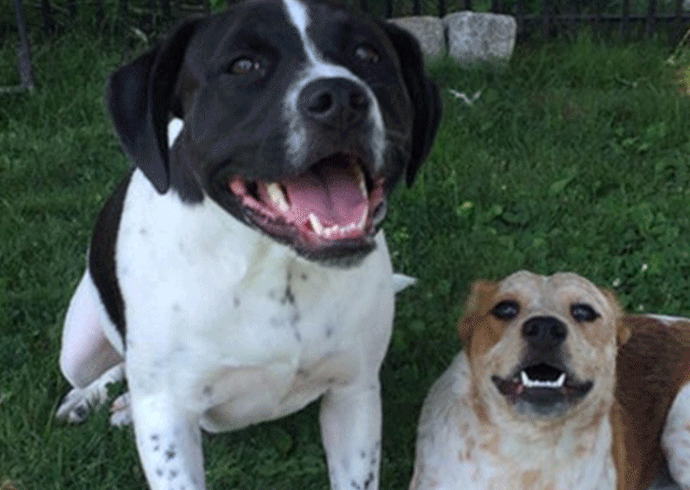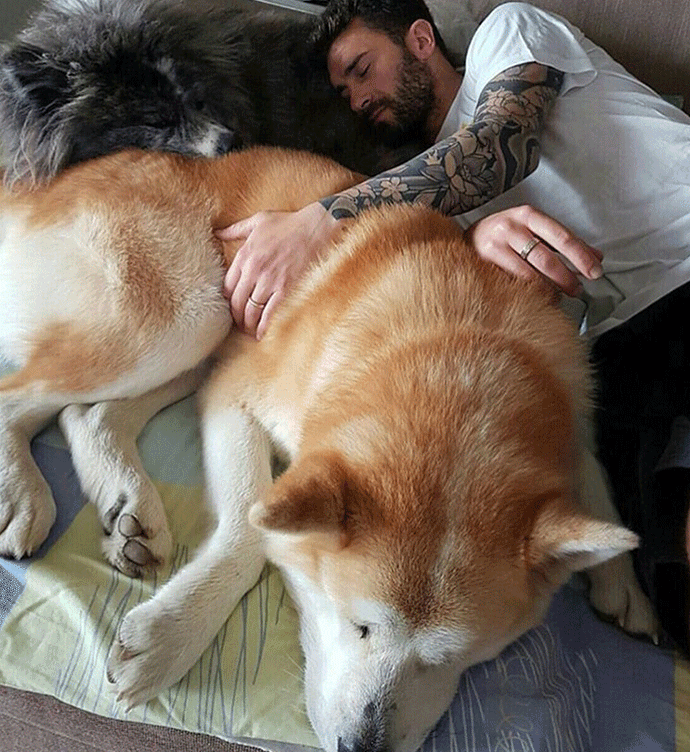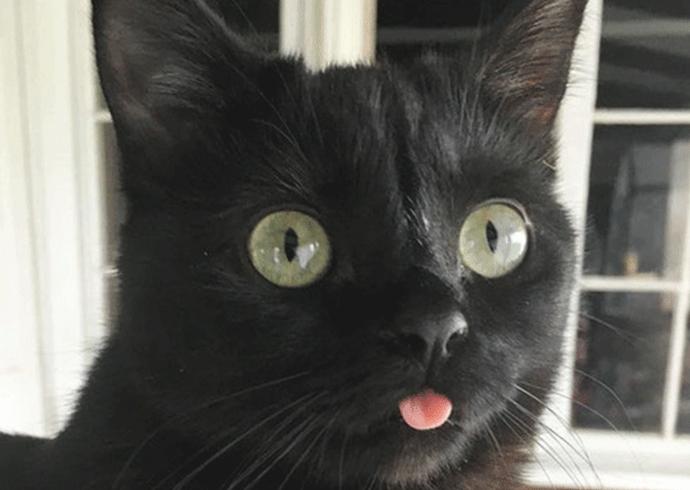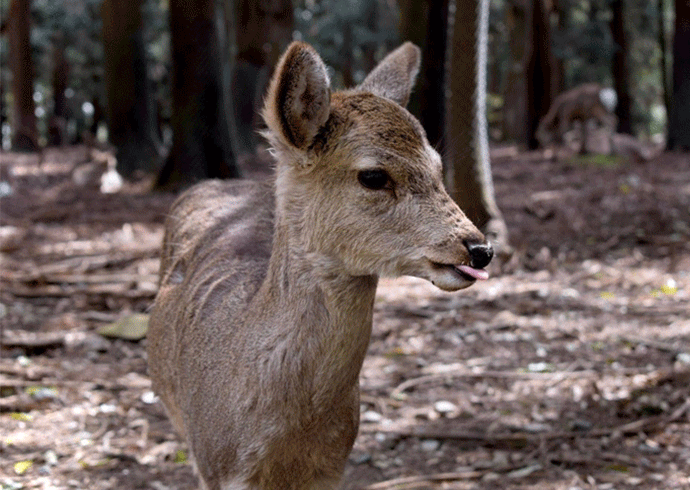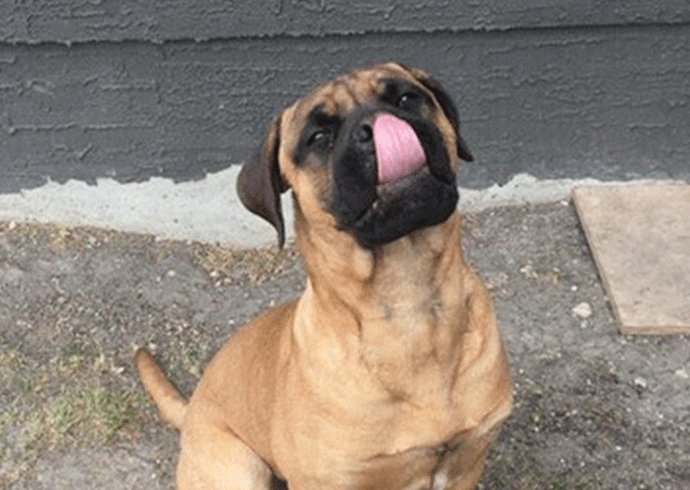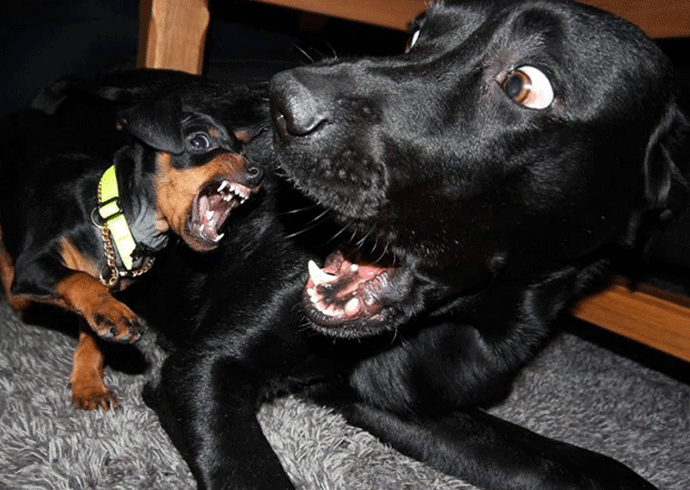DoggoLingo has taken the interwebs by storm in the last few years. Dog internet memes are everywhere and the lingo that they’ve spawned has become unofficial language of dog lovers everywhere. It’s added proof that dogs are now undisputed rulers of the net.
But how well do you know what all these strange words actually mean? There are entire subreddits dedicated to celebrating the unique qualities of a doggo versus a pupper, and so on. Naturally, there’s an effort to distinguish blops from mlems and this has sometimes lead to disagreements or confusion. To set the record straight, we’ve scoured the web, checked the most reliable sources (aka: we’ve looked at a lot of very cute pictures of dogs) to bring you this guide to internet dog jargon, or DoggoLingo for the initiated.
DoggoLingo basics: Puppers, doggos, floofers and woofters
Did you know that all dogs are doggos, but only some are woofters, puppers and so on? That’s right, it can be confusing. But don’t be getting bamboozled! Here’s our run-down of how to speak DoggoLingo like a pro.
Doggos
All dogs are doggos. But not all doggos are puppers, woofers or floofers. But doggos are far from “just being your average dog”. The word “doggo” evokes a dependable, tail wagging friend that will stay closer than your best friend. Experts agree that “doggo” first made appearance in the popular DogSpotting and was coined by Australians who often adding “o” to end of words. The rest is history!
Puppers
You guessed it, a pupper is a “smol doggo” – “smol” is DoggoLingo for small. In other words, a pupper is a puppy. Of course, many dog owners call their dogs “my sweet little pupper” even when they’ve far outgrown puppyhood. Some miniature breeds, such as Yorkshire Terriers or Italian Greyhounds for example, could be thought of as puppers throughout their lives, simply because of how dainty and cute they look. For more ‘aww’-inspiring puppers, click here.
Woofers
Woofers are large doggos and can also be described in DoggoLingo as “big ol’ doggos”, a phrase that you’ll hear spoken in hushed admiration for those majestic doggos who are worthy of it. Whilst there aren’t any hard and fast rules, when thinking of Woofers you should picture dogs on the larger side of medium. Dog breeds like Great Danes, Hungarian Vizslas and Dobermanns.
Floofers
[optin-monster-shortcode id=”caigtaqujrgoeduv”]
[optin-monster-shortcode id=”rbcy3sxx9lctdve8jmda”]
A floofer is a big ol’ Woofer, but shouldn’t be confused with a growler. Steer clear of growlers! Again, there aren’t hard and fast rules of which dogs can be classed a woofer but think of very large (and very hairy) dogs like Newfoundlands and Leonbergers.
Here’s a quick video in case you need a refresher on everything from puppers to floofers.
Intermediate DoggoLingo: Blops, bleps, blups, mlems, borks, and more!
This is where it starts to get trickier to master DoggoLingo. The first thing you need to know is that there are different words to refer actions performed by different animals. Cats cannot blop, neither can horses, rabbits or even alligators. A blop is exclusively reserved for our canine companions. Confused? Read on and all will become clear!
Blop
Only dogs can blop. Here’s what Reddit has to say about blops: “blop is an adorable phenomenon that involves the protrusion of a dog’s tongue while it’s mouth stays closed, often due to forgetfulness or while asleep. In other words, a blop is an accidental and usually rather subtle tongue sticking out.” If you can’t get enough of this adorable phenomena – check out these 22 blopping dogs.
Blep
It’s the feline version of blop and it’s ‘official’ recognition actually predates blop, but the less said about that the better.
Blup
No cats or dogs here! This is reserved for all and any critters who don’t belong in the above groups. Here you’ll find anything from horses, to racoons, all with that trademark tongue slightly stuck out.
Mlem
Whilst there’s a subreddit dedicated to mlem, it’s harder to find a definition. It seems that all kinds of creatures, including dogs and cats, can mlem. A bit more digging reveals that mlem refers to the action and possibly the sound that a tongue makes when it goes in and out repeatedly.
Bork
A bork is a bark. All doggers can bork, from little yappy puppers to big ol’ woofers.
Boop
A bloop is usually defined as a light tap on the nose. But it’s used interchangeably between receiving and giving. For example a doggo could boop you with their nose if it’s time for walkies, or you could suddenly be overcome with the urge to tap your pupper on the nose because it’s just so heckin’ cute. Similarly, two animals can boop each other or one animal can boop an object such as a window.
Advanced DoggoLingo: for DoggoLingo masters
Now we’re ready to introduce an extra layer of DoggoLingo complexity. These phrases are the icing on the cake for anyone wanting to master this dog-loving language. We’ve classed them as ‘advanced’ because they’re DoggoLingo at it’s finest – and these words are often reserved for dogs to “say” to each other in memes.
Fren’
DoggoLingo for friend. All doggos are frens deep down. Even the ones who give each other a heckin’ frighten. But some doggos, like the two cuties above, are extra special doggo lovin’ frens.
Heck and Heckin’
The curse word of DoggoLingo. As WeRateDogs wisely Tweeted , “they’re good dogs, Brent” so doggos don’t use worse swears than this.
Frighten
When a doggo does a sudden and unexpected bork and gives another doggo a scare.
Doing me a concern
Similar idea to “frighten”; the origins of this are obvious – dogs have an adorable habit of appearing to look very concerned in all sorts of situations, spawning thousands of memes.
Along with dog walkers and sitters who offer dog boarding we’ve got plenty more fun dog facts and cute pictures on Rover.com. And if you’re a fan of DoggoLingo we’ve rated 29 dog idioms you can find in everyday conversations. Enjoy!
